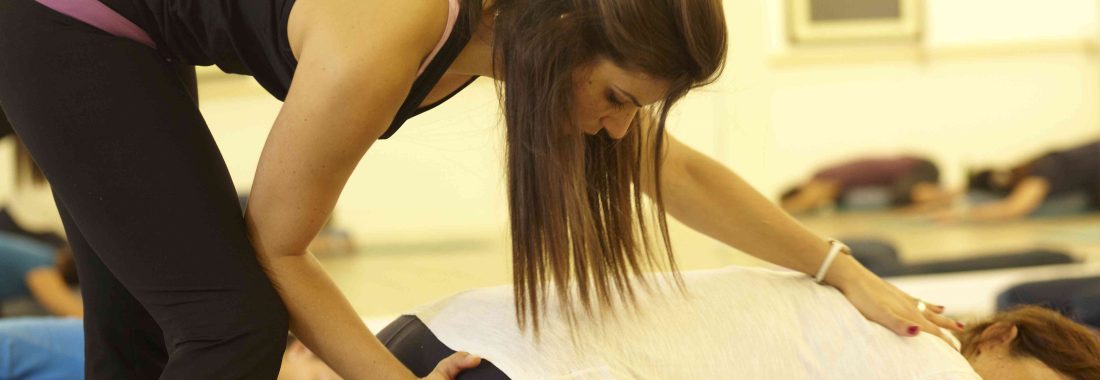June 26, 2023
In
Articles
Tips for New Teachers
Becoming a Pilates instructor is a process that requires time and practice to truly master. While the training course equips you with the necessary tools, it’s through actual practice teaching that you bring those skills to life. The training course is just the tip of the iceberg.
To help you unleash the great teacher within you, here are eight tips:
- Be prepared: Take time to plan your classes in advance. Practice the exercises on yourself to understand how they feel, and then practice teaching them. Consider recording yourself teaching a demo class for self-evaluation and growth.
- Speak slowly: As a new teacher, nerves and excitement can make you speak quickly. Remember to slow down, allowing time for breath, cues to sink in, and moments of rest.
- Use clear verbal cues: Create concise and easy-to-follow phrases for each exercise. Utilize metaphors, imagery, and anatomical terms to deliver cues effectively.
- Review anatomy: Keep your anatomy knowledge fresh and use it to apply safe and appropriate hands-on guidance.
- Learn from your students: Your students are valuable teachers. Experiment with different teaching approaches and observe what resonates with them. Stay compassionate towards both your students and yourself.
- Be flexible: Adapt your class to the students’ level and needs, being willing to modify or omit exercises that may not be suitable in the moment.
- Step off the mat: Remember that teaching is about your students, not about your personal practice. Instead of practicing alongside them, focus on delivering clear verbal instructions. Demonstrate only when necessary and move around the room to offer guidance.
- Prioritize safety: Take the time to understand your students, their physical conditions, and any limitations they may have. Create a safe environment by ensuring the room is at a comfortable temperature and provide opportunities for release and rest when needed. Safeguarding your students’ well-being should always be a top priority.
With growing confidence, you’ll find yourself needing less time to plan and verbally cue exercises. Mistakes may happen, such as skipping a side or stumbling over words. It’s okay! Embrace those moments, laugh at yourself, and acknowledge the mistakes. Do your best, approach teaching with kindness, enthusiasm, and passion, and everything else will fall into place.



